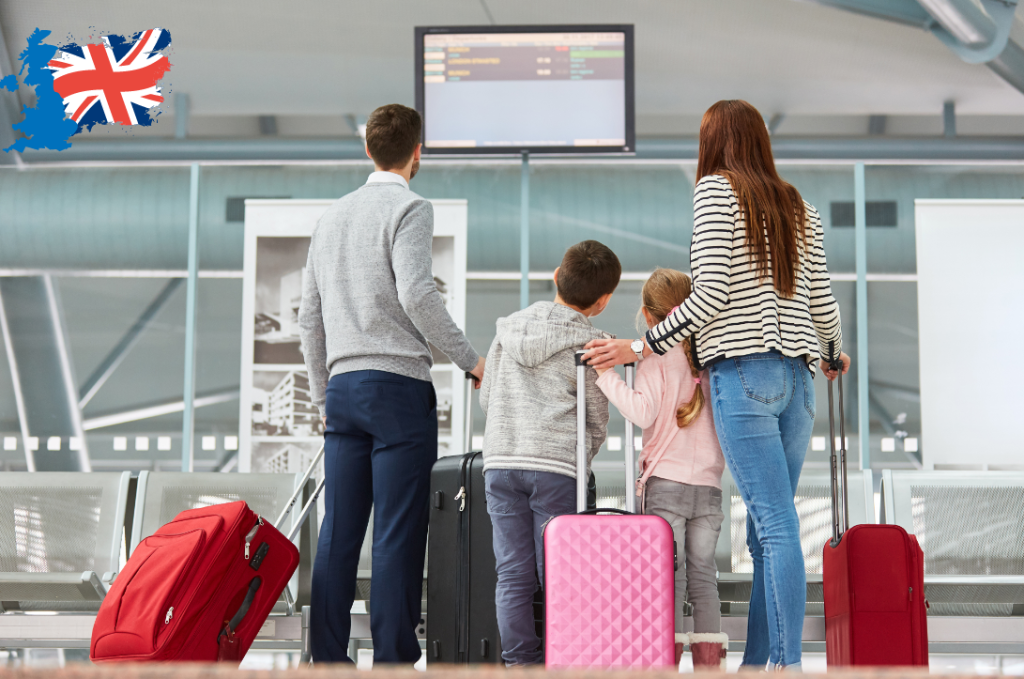
Image : Canva.com
International students will no longer be allowed to enroll dependent family members on master’s degree programs taught in the UK, the government announced today. This is effective from January 2024.
According to new guidelines announced by home secretary Suella Braverman, only students enrolled in postgraduate programs that are now classified as research programs, which includes PhD students, would be allowed to bring dependents.
The action is a temporary stopgap while the government finalizes a “alternative approach” that, in the government’s words, will allow “the best and brightest students to bring dependants to our world-leading universities, while continuing to reduce net migration.”
There has been discussion regarding the feasibility of adopting a merit-based policy, notwithstanding previous reports that students enrolled in elite colleges or “high-value” courses will be permitted to continue bringing dependents.
In response to a rising tendency of recently arrived students quitting their courses to work in the care industry, international students are also no longer permitted to move from a study visa to a work visa before finishing their term.
A crackdown on “unscrupulous education agents” who are pushing “immigration not education” and a study of the “maintenance requirements” for dependents and students are two further actions that have been announced. More information on these policy changes has not yet been provided by the government. The graduate pathway, which permits foreign students to continue living and working in the UK after graduating, does not alter.
Prior to the announcement of the most recent net migration numbers on Thursday, which are anticipated to indicate a considerable increase despite government vows to decrease migration, the guidelines have been established.
In the year ending December 2022, around 136,000 visas were given to the dependents of sponsored students, up from 16,000 in 2019.
According to a written statement by Braverman,
“The International Education Strategy plays an important part in supporting the economy through the economic contribution students can bring to the UK, but this should not be at the expense of our commitment to the public to lower overall migration and ensure that migration to the UK is highly skilled and therefore provides the most benefit.”
This package strikes the ideal mix between taking decisive action to address net migration and safeguarding the economic advantages that students may provide for the UK, according to Braverman.
The changes, according to Jamie Arrowsmith, director of Universities UK International, would “disproportionately affect women and students from certain countries.”
After months of rumors and speculation, he continued, the news “provided some clarity for students and universities, but leaves some questions unanswered.”
“The increase in dependent visas has been significant and has probably beyond official planning projections.
“We acknowledge that, in certain areas, this has led to local difficulties in finding acceptable family housing and educational opportunities, with repercussions for the student experience.
Given this, he stated, “some targeted measures to mitigate this rise may be reasonable, for example looking at eligibility for specific course types (such as one-year taught postgraduate programs) or strengthening the financial assurances that prospective students are required to provide.”
For More Information visit UK High Commission Web Site